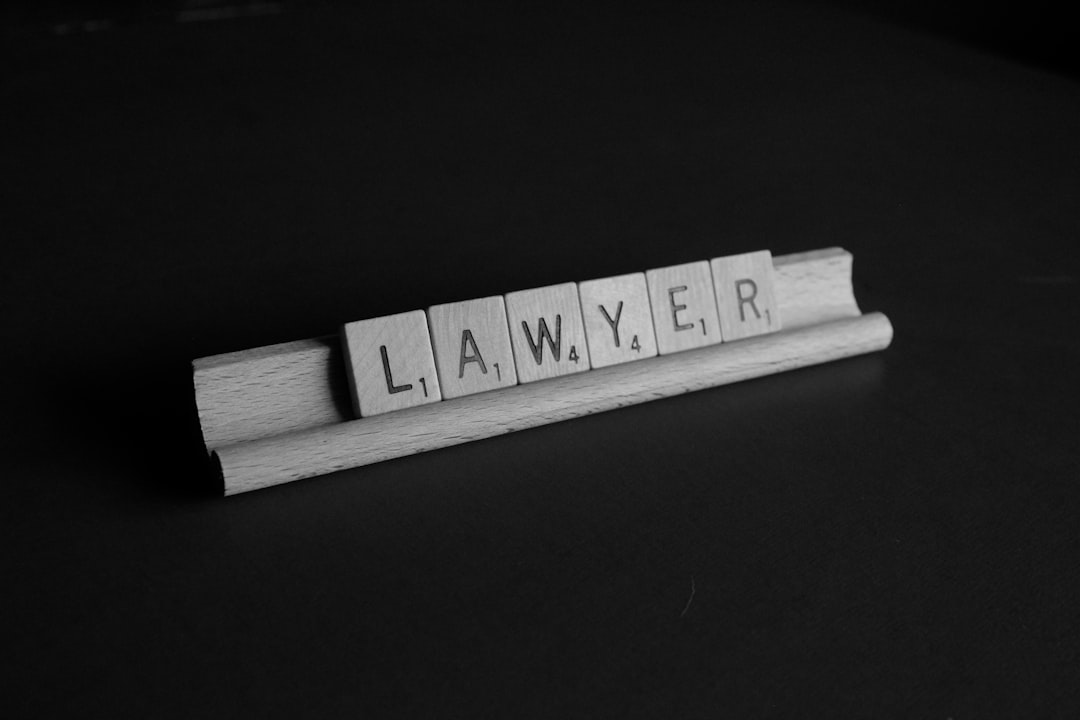Public indecency laws in Pennsylvania, often referred to as lewdness or obscenity, protect individuals' dignity and safety by preventing sexually explicit conduct in public spaces. These laws are governed by state statutes and local ordinances, with a rape lawyer specializing in Pennsylvania's legal landscape crucial for defense. Proving public indecency requires demonstrating intentional indecent behavior in public, backed by evidence. A rape lawyer navigates the complexities, ensuring fair trials and exploring defenses like consent or evidence reliability, given severe potential consequences including imprisonment and sex offender registration.
“In Pennsylvania, understanding public indecency laws is crucial for residents and visitors alike. This article provides an in-depth Erie overview, breaking down complex legal concepts into manageable sections. We explore what constitutes public indecency, dissecting the defining offense in the state. Furthermore, we analyze the legal framework specific to Erie County and statewide laws, examining elements of proof required to establish such cases. Additionally, we guide readers through potential defenses and consequences, highlighting the role of a rape lawyer Pennsylvania in navigating these intricate matters.”
What is Public Indecency? Defining the Offense in Pennsylvania

Public indecency, also known as public lewdness or obscenity, refers to actions or behaviors that are sexually explicit or offensive and intended to cause shock, outrage, or distress in a public space. In Pennsylvania, this offense is defined under various state laws, primarily addressing conduct that violates societal norms of decency and morals. The legal definition encompasses a broad range of activities, including exposing one’s genitals, engaging in sexual acts in public view, or making lewd gestures with the intent to offend others.
Pennsylvania’s laws on public indecency are designed to protect the dignity and safety of individuals in public places. A rape lawyer in Pennsylvania would argue that these statutes must be interpreted carefully to balance community standards and individual freedoms. The state’s courts have played a crucial role in defining the boundaries of what constitutes public indecency, ensuring that the laws remain fair and applicable in contemporary society while addressing any potential overreach.
Legal Framework: Erie County and Statewide Laws on Public Indecency

In Pennsylvania, the legal framework governing public indecency is multifaceted, with both county-specific laws and statewide regulations in place. Erie County, like many areas across the state, has its own set of ordinances designed to maintain public decency and order. These local laws often mirror the broader statewide legislation, which provides a comprehensive guide to what constitutes public indecency and the corresponding penalties.
Statewide, Pennsylvania’s laws on public indecency are primarily found in the Criminal Code, specifically under Title 18. The definition of public indecency is broad, encompassing any lewd or indecent act performed in a public place. This can include, but is not limited to, sexual acts, exposure of intimate parts, or actions intended to cause alarm or distress. A rape lawyer in Pennsylvania would refer to these statutes when defending against charges related to public indecency, ensuring that the rights of the accused are protected within the legal framework.
Elements of Proof: Establishing a Case for Public Indecency

In Pennsylvania, proving public indecency requires establishing specific elements to ensure a fair and just trial. One key aspect is demonstrating that an individual engaged in conduct considered indecent or obscene in a public place. The state’s laws define “public” as any place where other people are present, meaning the act must be performed with the knowledge that others can observe it. To establish a case, prosecutors need to show beyond a reasonable doubt that the accused intentionally exposed themselves or participated in lewd or indecent behavior. This often involves witness testimonies, surveillance footage, or other evidence that directly links the defendant to the incident.
Rape lawyers in Pennsylvania emphasize the importance of clear and compelling proof due to the sensitivity of such cases. The elements of public indecency are designed to protect individuals’ privacy while also ensuring that those who engage in lewd conduct face legal consequences. Understanding these requirements is crucial for both legal professionals and individuals accused of public indecency, especially when seeking expert representation from a rape lawyer.
Rape Lawyer Pennsylvania: Navigating Legal Defenses and Consequences

In Pennsylvania, rape is a serious criminal offense with severe legal consequences. A rape lawyer in Pennsylvania plays a crucial role in navigating the complex legal landscape surrounding this charge. They help clients understand their rights, explore potential defenses, and mitigate the impact of such a devastating accusation.
Defenses against rape charges can vary, but a skilled attorney will assess factors like consent, force or coercion, and the reliability of evidence. The consequences of a conviction are significant, including lengthy prison sentences, registration as a sex offender, and lifelong stigma. Therefore, it’s paramount to consult a rape lawyer in Pennsylvania for expert guidance tailored to each unique case.






